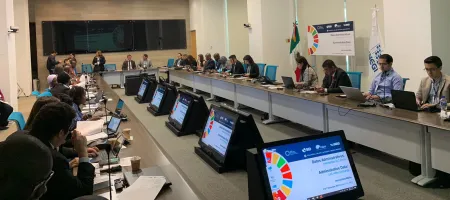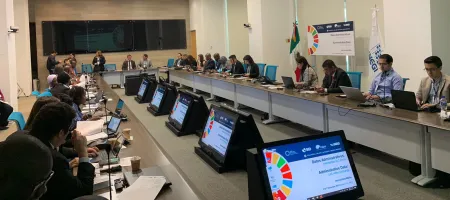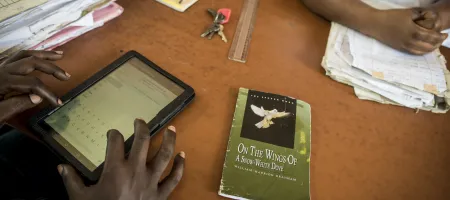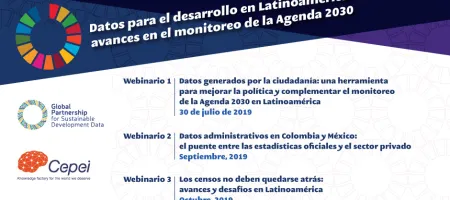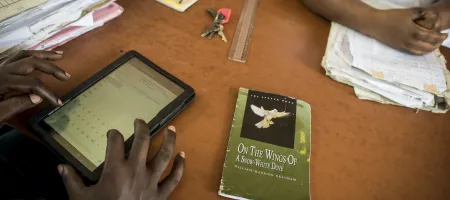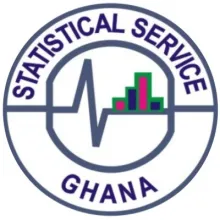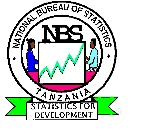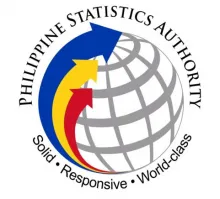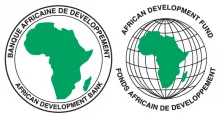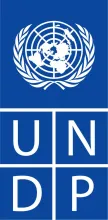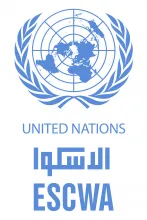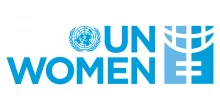About the initiative
Administrative data collected by governments and service providers day-to-day is an increasingly important source for producing official statistics. There is an urgent need to strengthen the capacity of national statistical systems to leverage the use of this administrative data for statistical purposes: to fill gaps in the data available for monitoring progress and implementing the Sustainable Development Goals; and to address to emerging challenges such as the COVID-19 pandemic.
Responding to this challenge, the United Nations Statistics Division and the Global Partnership for Sustainable Development Data have jointly convened the Collaborative on Administrative Data: a multi-stakeholder collaborative of countries and regional and international agencies, aiming to strengthen the capacity of countries to use administrative data sources for statistical purposes.
The Collaborative addresses both urgent and longer-term needs around the access and use of administrative data for statistical purposes, building on advances made in various sectors and by different partners. The Collaborative is a platform to share resources, tools, best practices, and experiences. It aims to contribute to raising awareness among all members of national statistical systems about the benefits of sharing and combining administrative sources to enhance the quality, timeliness, coverage, and level of disaggregation of statistical data.
Members and structure
The Collaborative has members from over 25 national statistical offices, and 20 regional bodies, international agencies and non-governmental organizations. Membership is open to other actors, particularly to countries who want to increase and improve their use of administrative data for statistical purposes. While the main representatives from countries are from NSOs, they are encouraged to, as much as possible, also involve and engage the owners of the administrative data in their countries.
The Collaborative is split into three task teams:
Task team 1: Institutional framework, coordination and partnerships – co-led by Chile, Denmark and Palestine.
Task team 2: Data management and standardization – co-led by Namibia and Norway.
Task team 3: Technical interoperability and linking – co-led by Ecuador and Uruguay.
In 2022, the Collaborative also set up workstreams. These workstreams focus on a concrete topic that is cross-cutting and time-bound. Workstream membership is cutting across task teams and encourages all members interested in the specific topic to join the work. The workstreams that were active in 2022 are the following: communication and fundraising, e-learning course, IT infrastructure.
The Collaborative includes technical experts across the globe and draws on the expertise of UN regional and specialized agencies and other organizations and initiatives. Check out the inventory of resources.






